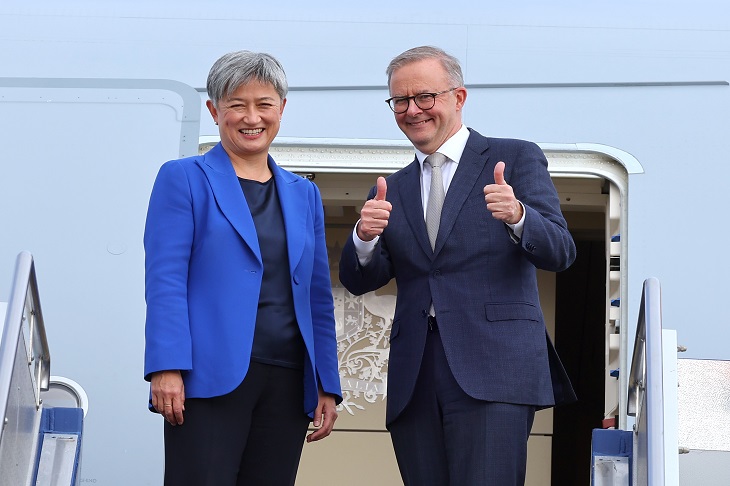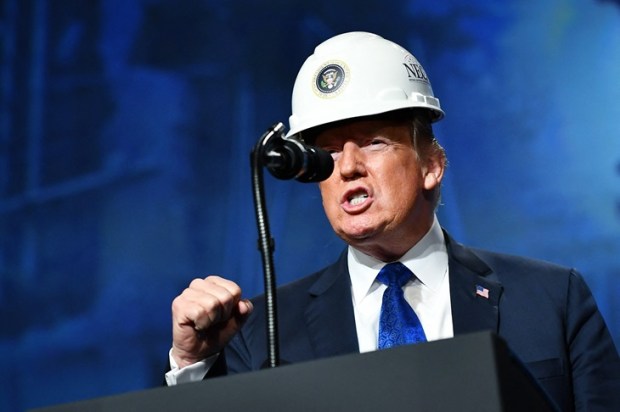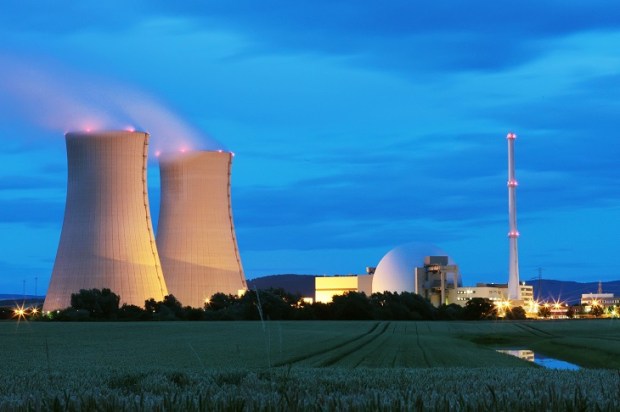It’s much worse than we thought.
The ALP will govern in its own right, but will be forced into extreme positions by a Green-left Senate.
The first thing to recognise is that the result demonstrates a new consensus.
There are some differences between the ALP, the Coalition, the Teals, and the Greens. To placate its funders within the union movement the ALP will seek to abolish the ‘gig’ economy and promote a 5 per cent wage rise, something the Greens would also support.
Already a subscriber? Log in
Subscribe for just $2 a week
Try a month of The Spectator Australia absolutely free and without commitment. Not only that but – if you choose to continue – you’ll pay just $2 a week for your first year.
- Unlimited access to spectator.com.au and app
- The weekly edition on the Spectator Australia app
- Spectator podcasts and newsletters
- Full access to spectator.co.uk


























Comments
Don't miss out
Join the conversation with other Spectator Australia readers. Subscribe to leave a comment.
SUBSCRIBEAlready a subscriber? Log in